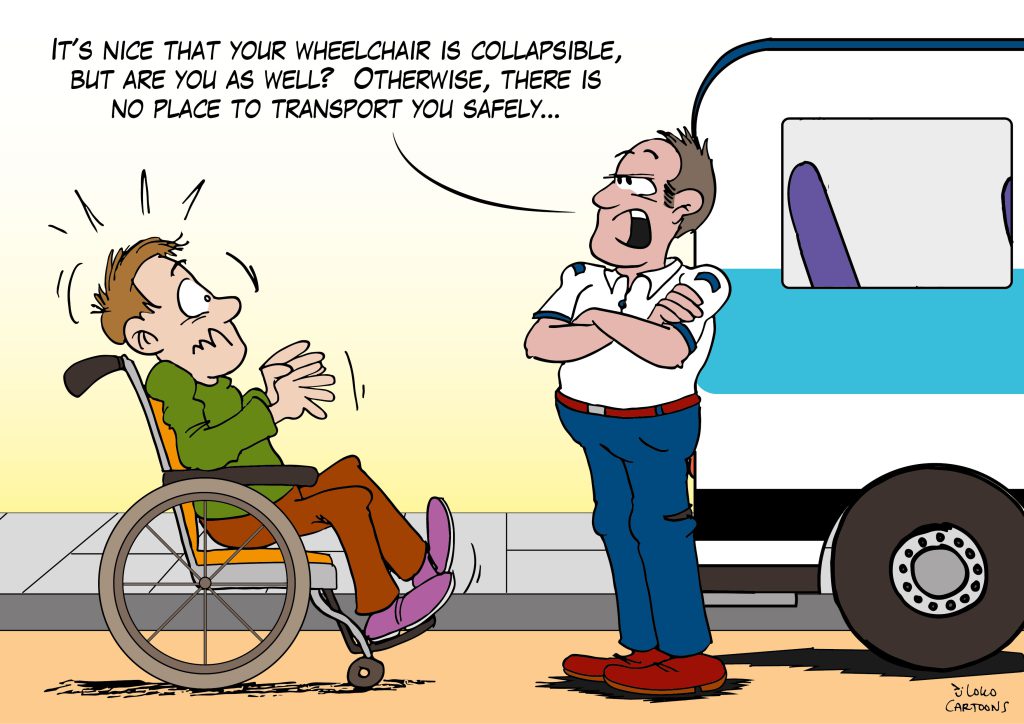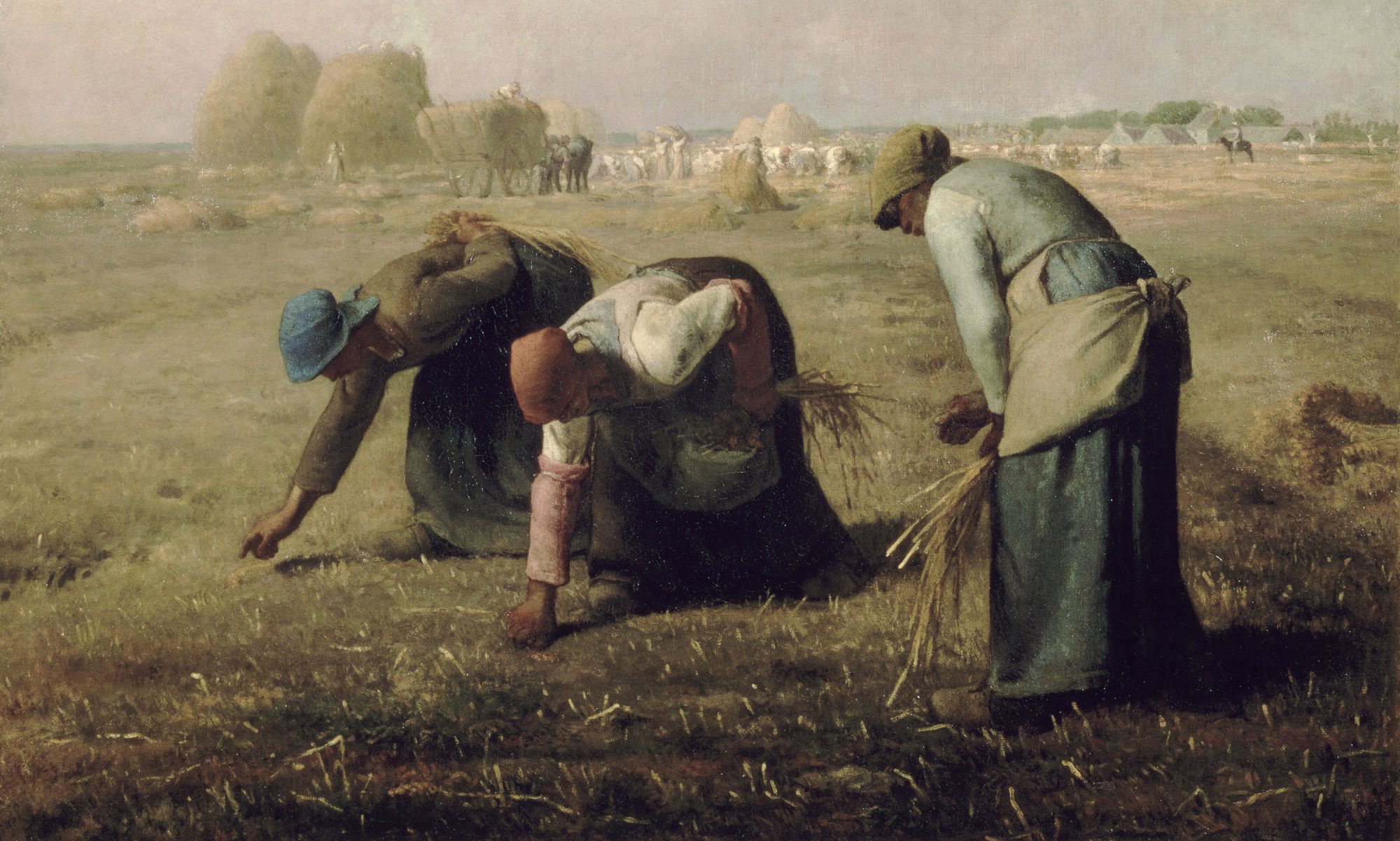This post is also available in: Nederlands (Dutch)
18 December 2023 Roelof Veenbaas in Magazine Personenvervoer 6.23 p 16/17
Quality?
“May your choices reflect your hopes, not your fears” Nelson Mandela
The pupils transport crisis is a complex problem that tolerates single solutions badly. The characteristic of complex problems is that no one, including me, has a complete picture of the whole of reality. On the other hand, people (especially people around the workplace) are most aware of this complexity and often best equipped to deal with it. By identifying risks and trying to prevent calamities. That is, if they are given the space to do so! As Todd Conklin, Senior Organizational and Safety Culture Advisor, points out, “We need to keep talking about risk!”
This requires to look critically at one’s own role continuously, questioning the other openly about their image of reality and taking signals seriously. We can start doing that now by deepening the adage “A lot is going well!” What is going well where? What can we learn? Built on the work of giants like Conklin, that’s why I’m writing this opinion on the driver crisis in pupils transport to and from school.
What do we actually mean by Quality in the sector?
A driver’s cry from the heart
For a mere three weeks, Dorien Broenink (24) from Almelo worked as a driver in pupils transport. After another child who was forgotten, she couldn’t take it any longer. About furious parents, crying children and a powerless driver. “It made me very sad.” Tubantia, 1/11/2023
“The work of a taxi driver is still too often underestimated.” This is what Maureen Hoffman thinks, who started in 2008, for 4 years as a driver in pupils transport and then patient transport, Valys, and regional transport. Although she experiences her work as wonderful today, at the beginning of her career she was amazed by the gravity of the profession and the lack of guidance. According to her, the situation has not changed yet and she thinks that is a big problem. TaxiPro
I asked the Association of Dutch Municipalities (VNG) to pay more attention to the people in daily practice. I devoted several emails to this and referred to my substantive letter to Minister Wiersma and the Standing Parliamentary Committee on Education (Wiersma responded positively). This resulted in the following response:
“As VNG, we are indeed in conversation with the parties involved about continuing to improve pupils transport. We have a good overview of the interests of the parties and how we relate to each other in relation to the pupils in transport. We have been busy preparing actions and who can do what. This will soon be posted on the VNG website. I advise you to keep an eye on it for the latest developments.” (17-07-2023)
Wait patiently then …….., now, December 2023 ……… just a little more patience…..??
Parents and pupils
The Leerlingen Belang Voortgezet Speciaal Onderwij (LBVSO) continues to report new situations from daily practice tirelessly. They and Ouders en Onderwijs were disappointed and have left the joint consultation with, among others, the VNG. Solutions are put forward aiming outside the taxi sector. Variation in opening hours of schools. Learning Childern to travel by public transport. Also mentioning that it results in savings. Oh yes, how?
It sounds plausible, without the experiential knowledge from daily practice. The current organisational culture of the sector will not change. As a result, the crisis continues. Who takes care of the aftercare for vulnerable children in the inaccessible, overcrowded public transport? How do changed starting times affect the workload in (Secondary) Special Education – (V)SO? Who takes care of WMO and patient transport passengers during longer block times for school transport? As can be seen from the Leidsche Courant: “Harsh criticism of Regiotaxi in the |Duin en Bollenstreek.”
Purpose
Education is a fundamental right and (taxi) transport to (V)SO schools is a necessary service to be able to follow (V)SO education. Being able to fully follow education without extra stress determines the quality of the service. The professionalism of the driver and the planner is essential for this. Craftsmanship means assessing the ever-changing conditions during transport and proactively intervening to prevent calamities. Well-trained drivers (consciously or unconsciously competent) can do that like no other, almost intuitively. That is their professional pride. This requires confidence in their knowledge and skills and the ability to learn from mistakes together. For example, a driver must be able to indicate that extra escort on the bus is necessary and receive it on time.
Condemn and punish or learn and improve?
The current system works on the basis of condemning mistakes and punishments in the event of calamities. The response is not: What happened? Who are the victims? How can we help them and what can we learn from the situation? But: Who did that? Which rule has been broken? Who is responsible? Who can we fire? Who will be fined?
That creates a culture of fear. Every calamity is followed by new rules from above, new training paths, sometimes even different per region and per company.

It turns out that this does not prevent calamities. People do not dare to look system-wide at the underlying causes. Higher up in the system, too, the fear of responsibility prevails. There is a lack of insight into the differences between work as it is carried out and as it is imposed. Drivers are actively thwarted in taking their own responsibility and decisions. At some point, they will leave the profession. That is one of the causes of the current driver shortage. Being held responsible, but not being allowed to participate in decision-making is crippling.
Drivers are still taking the initiative to improve transport, they just don’t report it anymore because of the risk of “that’s not as agreed”.
What is it like to be a driver/planner these days?
Dare to ask! A conversation can lead to strong reactions. As one planner said: “They should be happy that we come to get them” – the workload does something to people. These kinds of statements will not be tolerated among themselves. Understanding where that statement comes from and being supportive to the planner are important! Moreover, that statement is a direct translation of the atmosphere higher up in the transport system. Under the pressure of driver shortages, it is tempting to blame the parents: “They ask too much”.
More effective different culture? In his LinkedIn contribution “How to avoid common practices that destroy your company (culture)“, Robert Ilbrink gives a good overview between steering on pure cost control and steering on trust and quality improvement from the shop floor. Companies that do the latter appear to be more cost-effective. But, do these companies also win tenders?
Quality
“The real solution for better school transport is to pay more attention to quality in tendering,” says the Velsen School Transport Sounding Board in the IJmuider Courant
At the moment learning and improvement hardly play a role in tendering. Specialist advisors are mainly focused on winning and cost control. What quality is offered by the tendering and/or winning party remains a secret. This makes it impossible for other parties in the transport sector to assess the situation. A dark tunnel from which at some point a winner and a prize will roll out. Experiential knowledge and quality in the workplace hardly play a role in it. In tenders, it appears to be possible to score 100% on quality and to win the highest price. Maybe not yet with the current culture in target group transport, but that may change.
The shortage of drivers is not the cause of the crisis, but is caused by this way of tendering and the corporate culture. It is also the cause of the closure at some point of companies that do have the quality in order. The driving force behind this system is ‘short-term shareholder value’. Pick the market and then drop it like a brick. For the citizen (government) to pick up the pieces. This market damages children and the fundamental right to education. It also polarizes and damages our democracy (thanks to the insight of Martin Wolf, chief economics commentator Financial Times ‘In defence of democratic capitalism‘).
A different organizational culture (1) in the sector is something to think about under the Christmas tree. I wish you all courage and servant leadership. Take good care of each other and be safe on the road!
(1) Edgar Schein Humble Inquiry: The Gentle Art of Asking Instead of Telling, 2nd Edition with Peter A. Schein (2021) Berrett-Koehler Publishers; ISBN 978-1523092628.
